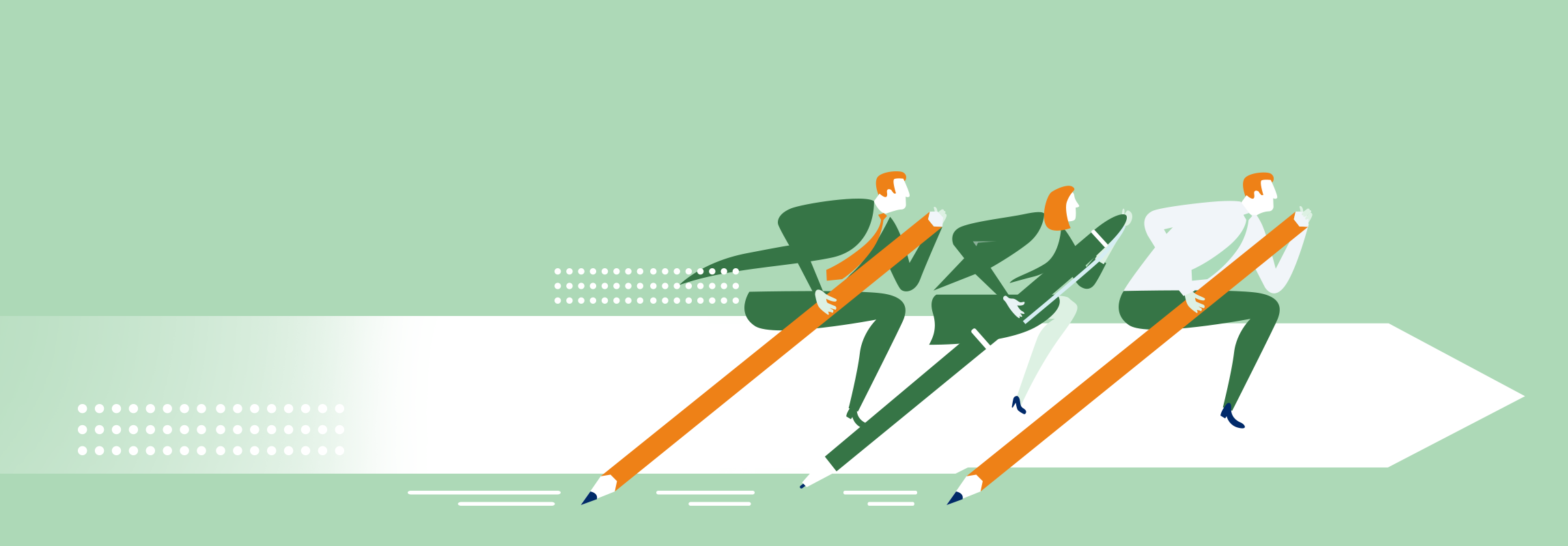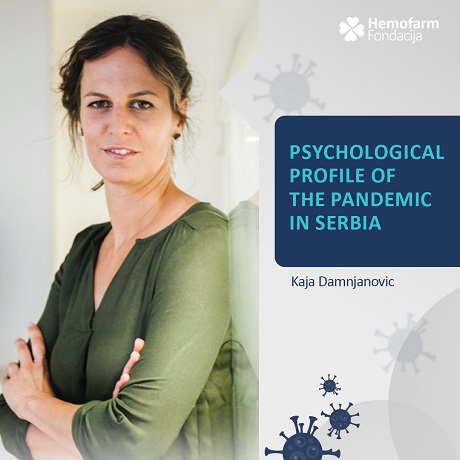
23/03/2020
Psychological profile of pandemic in Serbia
Ass. Prof. Kaja Damnjanović
PhD, Laboratory for Experimental Psychology, Department of Psychology, Faculty of Philosophy
Psychological profile of pandemic in Serbia
Do you remember where you were two weeks ago? Do you remember what you did when you found out that there was an epidemic of coronavirus somewhere? Probably no. Do you remember where you were when the bombing started, when you heard that the Prime Minister Đinđić was assassinated, or when Tito died? Probably yes. We were not aware that the news about the coming epidemic should be important to us. Although that was only two weeks ago, it seems that we completely lost control. As we cannot invent a vaccine, or treat the illness, which requires time, us psychologists can understand how people feel and act in these situations and help in the further course of the pandemic, which will inevitably last, and during which medical professionals will fight in the field and in laboratories, looking for the cure and the vaccine. This is not Blitz Krieg, and the virus can defeat us only in the first round.
2050 people participated in the survey
Laboratory for Psychology of the Department for Psychology at the Faculty of Philosophy in Belgrade started monitoring the psychological aspects of the pandemic in Serbia 48 hours after Friday, 6 March when the zero patient had been registered. The questionnaire which we use was created by our associates from the Faculty of Philosophy in Ljubljana (pandemic appeared in Slovenia first), thus we were able to translate it and adapt it for Serbia quickly. Through the research, which is still underway, we try to draw the psychological profile of the pandemic in Serbia by asking people from all over the country to answer questions about how they feel, where do they find information about the pandemic, who do they trust, and finally, what do they do and how do they act? In the first ten days, 2050 people from the entire country responded to our invitation. Our goal was to see the psychological regularities in this situation. It is very important to point out, although this is a high number (which is still increasing), that our sample is not representative, which means that generalization of the results is limited. However, we can perceive how people react to the coronavirus pandemic.
Solidarity in feelings
It is most important that the data have shown that we all feel the same. You are not alone and you are not the only one. We are all worried and we feel that we have no control over the events in our country and in our life. We all live in a situation of great psychological uncertainty, and anxiety overwhelms us. In the beginning, on 8 March, average concern and the assessment of severity of the situation were moderately high. People were thinking about the epidemic back then, and the belief that spreading of the disease could be stopped was low. As the time went by, intensity of fear and accompanying negative emotions began to grow and remained at the maximum all along until the last measuring. People tend to become calmer when they hear that there is a strategy and when systemic measures are implemented. Pandemic in our own country is probably one of the rare situations in which it is so obvious that all of us feel the same, and the numbers (which have been intentionally omitted here, as the research is ongoing) confirm this. In these uncertain situations, people even more than usually have the need to hold on to something that will make the situation reasonable, establish some structure and provide basis for predicting what will happen to us and to our world further on. And what do we hold on to?
We put the most trust in scientists, doctors, and the Institute of Public Health ‘Batut’
If you have been watching the news and searching for information about the epidemic and disease all day long, you are not alone in that either. Information and so called information come from various sources, but our respondents have a clear order of the sources of information they trust: they believe scientists, doctors whom they know personally and the Institute of Public Health ‘Dr. Milan Jovanović Batut’. They trust the healthcare system overall, social networks and the traditional media slightly less, and they trust the information coming from the politicians the least. All in all, people know that the medicine can help, but they are worried whether the system is able to support the medicine? The source we believe in is not always available to us, so we turn to what is available – media portals, social networks and the website of the Batut Institute. As the time goes by, relying on the contents from the television increases, which is probably related to staying at home. For every true piece of information, there is at least one that is false, and two that are wrong, therefore, you can hear from many people: ‘I don’t know who to trust anymore’. A great amount of information noise contributes to anxiety. Although we have best intentions when we look for information: to be responsible and informed, we can label these as ‘disturbing information’. If any of you ever had ambitions to climb a box on the corner of a busy (virtual) street, to be a guru, professional explainer of everything and the like – now is your time, you will easily gain at least 100 followers. At least. We all want someone to finally explain to us how our life got turned upside down, how to control it and when and how will this state pass? And it will. In such a network of information, our concern increases and it is reflected in our behaviour. What do we do then to regain control we were unable to get by acquiring information?
It is not easy for people to ‘shift’ to pandemic behaviour
We shop. First we shop and then we apply and execute the measures ordered to us. People did shop for groceries and household supplies more than before the first registered case, but even more, in the first seven days of the epidemic, they bought medical supplies such as various disinfectants, gloves, and masks. As the time passed, and the fear increased, and especially after the state of emergency had been declared, people started buying groceries, as the medical supplies were sold out anyway. In psychological terms, apart from the onset of the epidemic and declaring of the state of emergency, Friday, 13 March, is an important day, when the psychological situation is maximally unclear, when many people went to healthcare facilities, and slowly started to realise that something big was happening, that they should do something and act ‘somehow’, but at that moment, they still don’t know how. It is not easy for people to ‘shift’ to pandemic behaviour. You are not alone in that as well. We don’t have a button for turning on ‘pandemic behaviour’, we are not familiar with such behaviour and all of us are quickly learning it, hoping that as a species we will be smarter and that we will be depriving the virus of the field faster than the virus will conquer our cells.
How to establish control over life?
Withdrawal and stopping of life probably seem counterintuitive to you: how am I supposed to do nothing so that something would happen? Some people cannot isolate due to their jobs and work obligations. Let’s look at it like this: this is war between the virus and the human kind. Biological mechanism of viruses is fascinating: any human movement and passing in space is laying out a red carpet to legions of viruses. The strength of a virus is only in our human cell which it literally steals. Only inside it the virus multiplies, rides on our energy and our speed, and on inanimate surfaces it waits for days for a new man to come so that it can move into his cells. It cannot fly, it cannot move, it cannot live without us. Human counterattack is to cut the virus (and not people) from supply and inflow of energy, which is perhaps a classic military manoeuvre, to deprive it from speed, pull out the carpet we laid underneath it and wipe the space in which it can move and cells in which it can multiply. We should stop, we should stand still, and stand and stand and we should all together persist in it.
By controlling ourselves we gain time for medicine
Establishing control over our life which we need for psychological and physical survival does not come down to excessive information, or shopping, or even calming our own feelings – they are, as you saw, common and normal. It does not even come down to control over the virus, as we cannot control it now, but we have to control ourselves, (self)isolate and gain time for the medicine. Let’s breathe in, stay calm and wait for this to pass. And it will pass - we will see who will be quicker, us in stopping or the virus in moving. Whoever wins the first round which will last for the next ten days will win.

AUTHOR
Ass. Prof. Kaja Damnjanović
PhD, Laboratory for Experimental Psychology, Department of Psychology, Faculty of Philosophy